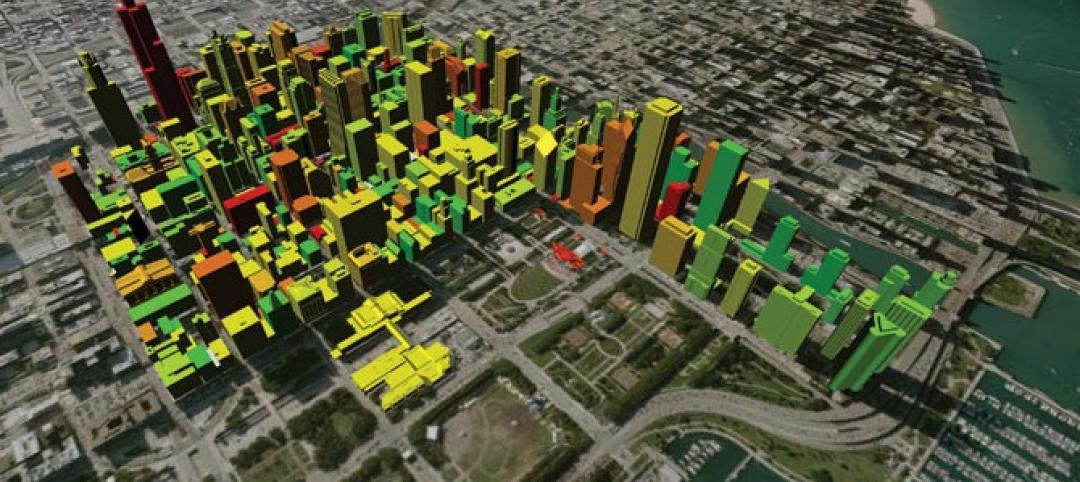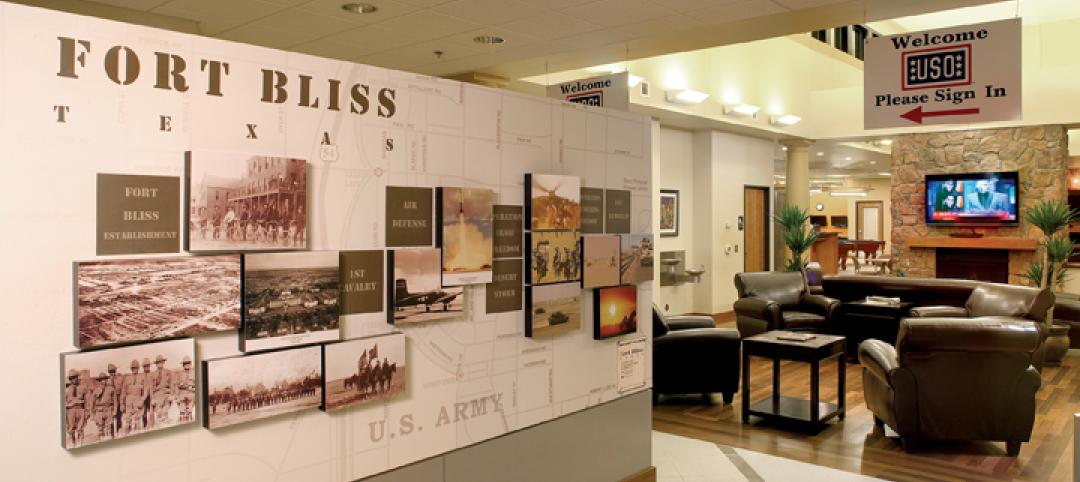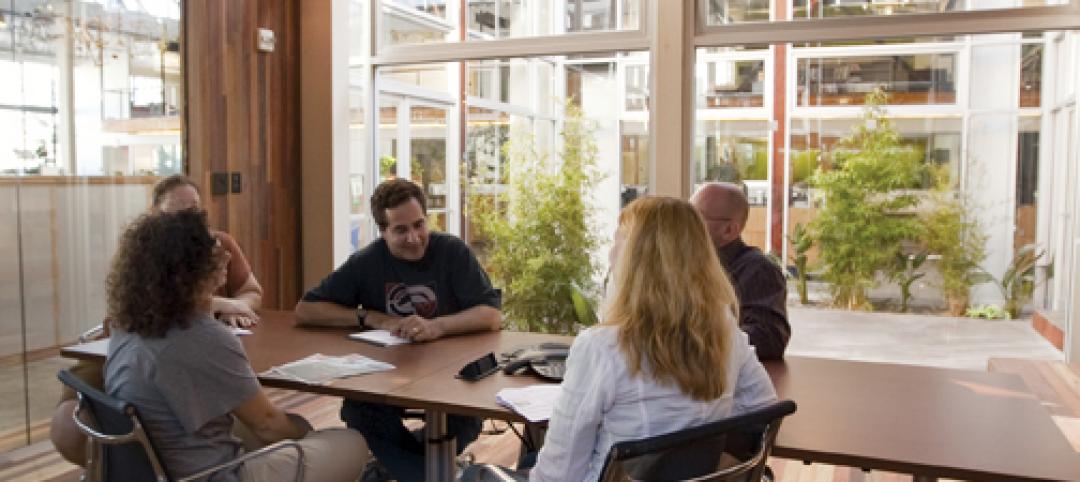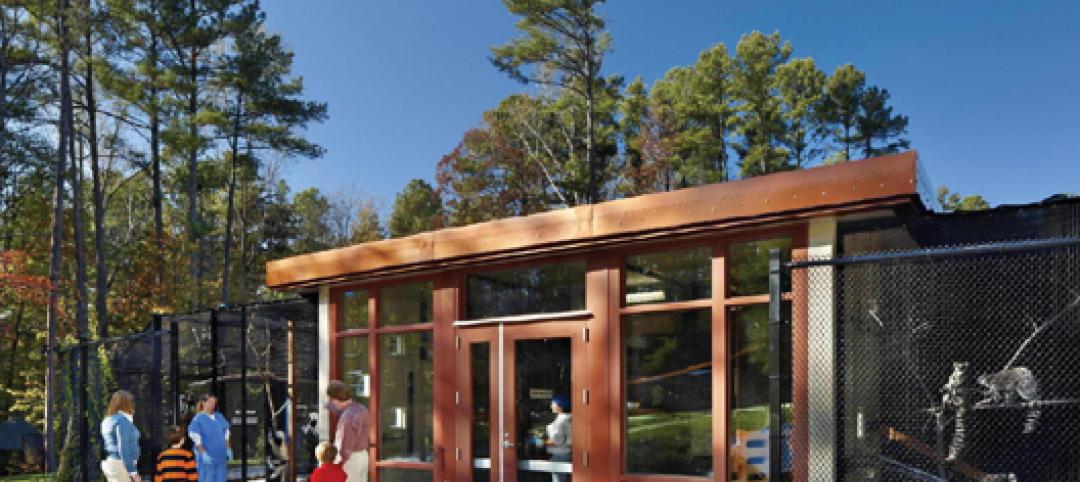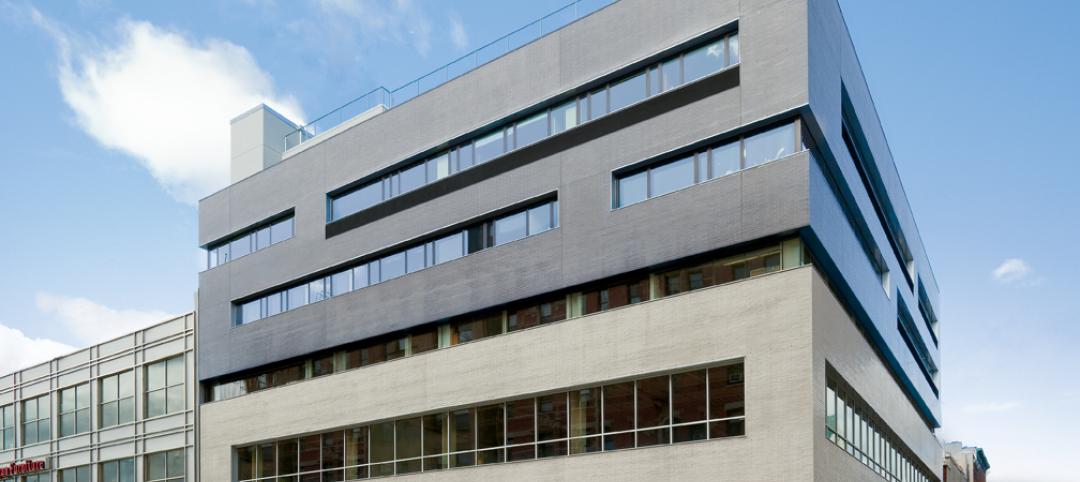International architecture firm, Kohn Pedersen Fox Associates (KPF) will be presenting a selection of Chairman and Founder A. Eugene Kohn’s watercolors at The Galleries at 153 East 53rd Street in New York City this summer. Opening on Monday, July 2nd and on view through the end of August, the exhibition will feature highlights of Kohn’s work from the 1950’s through today.
Kohn paints primarily in watercolor with a range of subjects – cityscapes, landscapes, still life and abstract. Much of his work is done when he travels in foreign countries, and he frequently gives them as gifts or donates them to charity auctions. His watercolors have previously been displayed at the Guggenheim Museum in a show for the works of well-known architects, as well as an exhibition in Hong Kong last year, and are shown at Belgravia Gallery in London. Kohn’s fascination with painting began when he was a young boy sitting by his mother’s side while she painted. Hannah Kohn was an accomplished painter in her own right, and also had a show at the Guggenheim Museum on the occasion of her 100th birthday.
According to Kohn, “It’s not about being an artist – painting is something that I delight in and do purely for the joy of it. I paint to relax and to express strong feelings about certain subjects. A building can take five to ten years to complete, while a watercolor can be done in a few hours.”
Gallery owner Meredith Ward adds, "Gene Kohn’s watercolors have an elegant simplicity. He uses the unique qualities of the medium to greatest advantage by approaching his subjects with a minimum of means. A few quick strokes convey the energy of a bustling cityscape; a broad wash of color suggests the vastness of sea and sky."
The opening of the exhibition coincides with the firm’s 36th anniversary. KPF was founded by Kohn, William Pedersen, and Sheldon Fox in New York on July 4th, 1976. With over 550 employees, the firm is headquartered in the historic 11 West 42nd Street building, overlooking Bryant Park and the New York Public Library. +
Related Stories
| Jan 25, 2011
Bloomberg launches NYC Urban Tech Innovation Center
To promote the development and commercialization of green building technologies in New York City, Mayor Michael R. Bloomberg has launched the NYC Urban Technology Innovation Center. This initiative will connect academic institutions conducting underlying research, companies creating the associated products, and building owners who will use those technologies.
| Jan 25, 2011
Top 10 rules of green project finance
Since the bottom fell out of the economy, finding investors and financial institutions willing to fund building projects—sustainable or otherwise—has been close to impossible. Real estate finance prognosticators, however, indicate that 2011 will be a year to buy back into the real estate market.
| Jan 25, 2011
Chicago invented the skyscraper; can it pioneer sustainable-energy strategies as well?
Chicago’s skyline has always been a source of pride. And while few new buildings are currently going up, building owners have developed a plan to capitalize on the latest advances: Smart-grid technologies that will convert the city’s iconic skyline into what backers call a “virtual green generator” by retrofitting high-rise buildings and the existing electrical grid to a new hyper-connected intelligent-communications backbone.
| Jan 25, 2011
AIA reports: Hotels, retail to lead U.S. construction recovery
U.S. nonresidential construction activity will decline this year but recover in 2012, led by hotel and retail sectors, according to a twice-yearly forecast by the American Institute of Architects. Overall nonresidential construction spending is expected to fall by 2% this year before rising by 5% in 2012, adjusted for inflation. The projected decline marks a deteriorating outlook compared to the prior survey in July 2010, when a 2011 recovery was expected.
| Jan 25, 2011
Jester Jones Schifer Architects, Ltd. Joins GPD Group
GPD Group is excited to announce that Jester Jones Schifer Architects, a Marion-based architectural firm, has joined our firm, now enabling GPD Group to provide architectural services to the Central-Ohio market.
| Jan 21, 2011
Combination credit union and USO center earns LEED Silver
After the Army announced plans to expand Fort Bliss, in Texas, by up to 30,000 troops, FirstLight Federal Credit Union contracted NewGround (as CM) to build a new 16,000-sf facility, allocating 6,000 sf for a USO center with an Internet café, gaming stations, and theater.
| Jan 21, 2011
Manufacturing plant transformed into LEED Platinum Clif Bar headquarters
Clif Bar & Co.’s new 115,000-sf headquarters in Emeryville, Calif., is one of the first buildings in the state to meet the 2008 California Building Energy Efficiency Standards. The structure has the largest smart solar array in North America, which will provide nearly all of its electrical energy needs.
| Jan 21, 2011
Primate research facility at Duke improves life for lemurs
Dozens of lemurs have new homes in two new facilities at the Duke Lemur Center in Raleigh, N.C. The Releasable Building connects to a 69-acre fenced forest for free-ranging lemurs, while the Semi-Releasable Building is for lemurs with limited-range privileges.
| Jan 21, 2011
Harlem facility combines social services with retail, office space
Harlem is one of the first neighborhoods in New York City to combine retail with assisted living. The six-story, 50,000-sf building provides assisted living for residents with disabilities and a nonprofit group offering services to minority groups, plus retail and office space.



